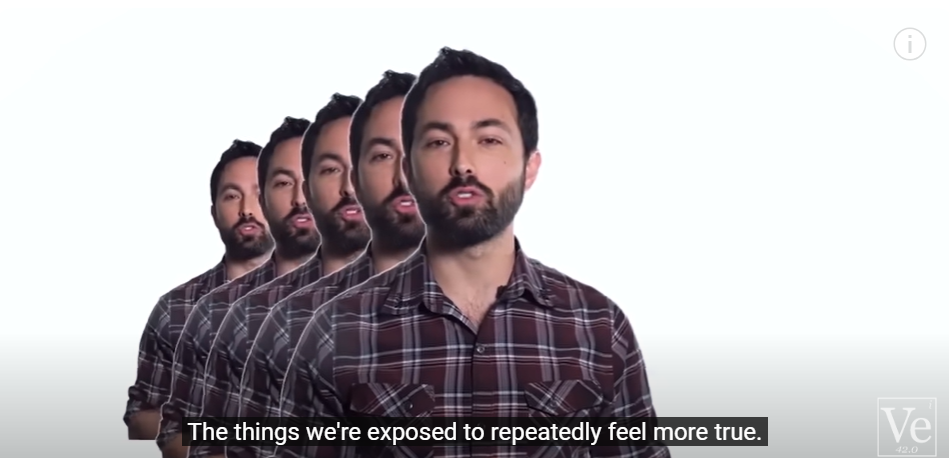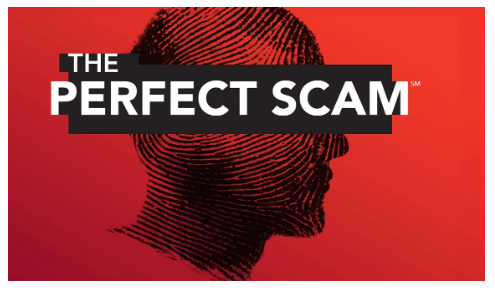"If you’re anything like me, it’s not just Trump’s policies that anger and depress you. It’s also the man himself.
"Ronald Reagan’s policies were terrible, but he tried to present himself as a decent man.
"Trump is a despicable human being. His odiousness affects many of us because presidents are parent figures to the nation as a whole.
"According to psychological research, we respond to presidents much as we did to parents when we were kids.
"George Lakoff, professor of cognitive linguistics at Berkeley, has found that two competing models of parenting shape political preferences: either the 'strict parent' or 'nurturant parent.'
"The strict parent views the world as a dangerous place that needs to be controlled. The nurturant parent emphasizes empathy and mutual responsibility.
"Lakoff has found that presidents are elected either because a large portion of the public wants a tough, judgmental parent — or a caring, nurturing one.
"Reagan fit into the strict parent model; Barack Obama, the nurturant parent one.
"But I think Trump represents a third model — the cruel and abusive parent. A parent so malignantly narcissistic that he wields punishment for his own satisfaction, often in unpredictable ways that make him even more terrifying.
"In other words, Trump is not just abusing presidential power by violating laws and the Constitution. His behavior is also abusive.
"His malignant narcissism is viciously vindictive. His cruelty borders on sadism; he seems to take pleasure in causing others pain. And he often changes his mind or alters the punishment, creating even more confusion and fear.
"I don’t want to oversimplify the very complex relationships between the parenting we had (or subconsciously want) and how we respond to Trump. But I believe these emotional connections are real and important. Critiques of Trump’s policies alone don’t get at them.
"Many of us who had nurturing parents are depressed and disoriented by Trump. We find it hard to comprehend how such a detestable person can wield so much power over us.
"Even many voters who hold to the strict parent view — who may have had a strict parent and perhaps voted for Trump because they felt the nation and the world were getting out of control — reject his abusiveness. About
6 in 10 U.S. adults now say that Trump has 'gone too far' in using presidential power to achieve his goals.
"A third group is profoundly shaken by Trump. Of the people I know who are most emotionally devastated by him, many had at least one abusive parent.
"I suspect some are overwhelmingly drawn to him for the same reason, but instead of being shattered by him they are fanatically loyal. This would include the sycophants now surrounding him in the White House and Cabinet who appear to share his cruelty and sadism.
"Research shows that abusive parents often become more abusive over time — more enraged, more paranoid, and less predictable.
"Hence, the children of cruel and abusive parents tend to abandon them as soon as they are able. Or cling to them ever more desperately.
"Let’s hope all of America does the former with Trump, and the sooner the better."



























